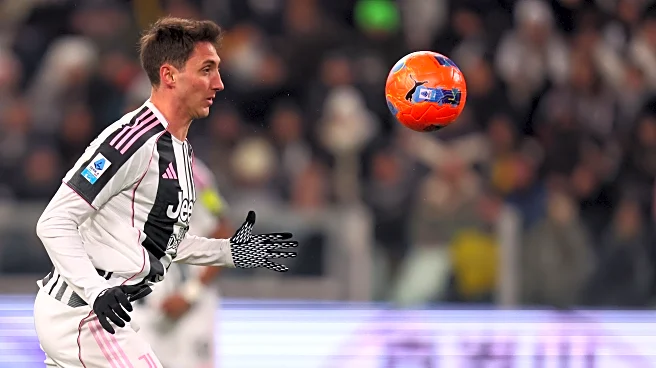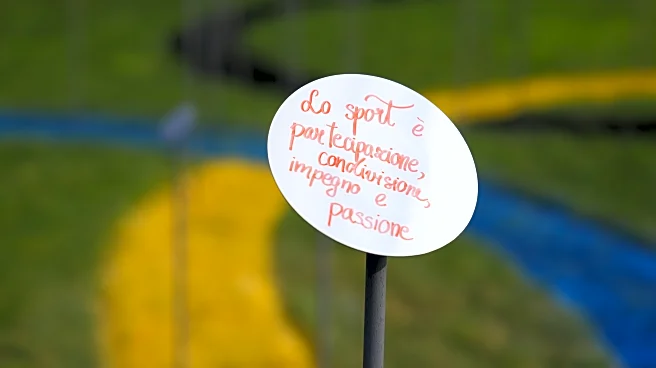What's Happening?
Felipe Massa, a former Ferrari Formula 1 driver, has been granted permission by a High Court judge to proceed with his £64 million claim against Formula 1, the FIA, and Bernie Ecclestone. Massa contends
that he is the rightful winner of the 2008 F1 World Championship, which was awarded to Lewis Hamilton. The controversy stems from the 2008 Singapore Grand Prix, where Renault allegedly orchestrated a crash involving Nelson Piquet Jr. to benefit Fernando Alonso, compromising Massa's race strategy and resulting in his loss of the championship by one point. Massa's legal team argues that Ecclestone and the FIA were aware of the deliberate crash but failed to investigate. Despite attempts by the defendants to dismiss the case, the court ruled that Massa has a real prospect of proving his claims at trial.
Why It's Important?
The case highlights significant issues within the governance of Formula 1 and the integrity of its championship results. If Massa's claims are substantiated, it could lead to a reevaluation of the 2008 championship and potentially set a precedent for how historical sporting controversies are addressed legally. The trial could impact the reputations of key figures in F1, including Bernie Ecclestone, and challenge the FIA's accountability in managing race events. Additionally, the outcome may influence how future allegations of race manipulation are handled, affecting the sport's credibility and the trust of its global fanbase.
What's Next?
The case will proceed to a full trial, where Massa's legal team plans to present evidence of conspiracy and negligence by the defendants. The trial will likely involve extensive examination of communications and documents from the 2008 season. The FIA and other defendants may seek to appeal the decision or reformulate their defense strategies. The trial's outcome could lead to further legal actions or settlements, depending on the evidence presented and the court's rulings.
Beyond the Headlines
The legal battle underscores the complex relationship between sports governance and legal accountability. It raises questions about the ethical responsibilities of sporting bodies and the extent to which they should be held accountable for past actions. The case also reflects broader issues of transparency and fairness in competitive sports, potentially influencing how other sports organizations address similar controversies.











